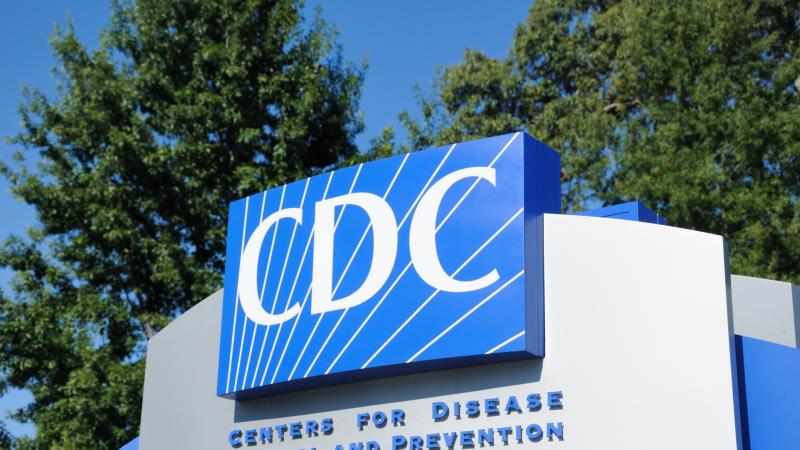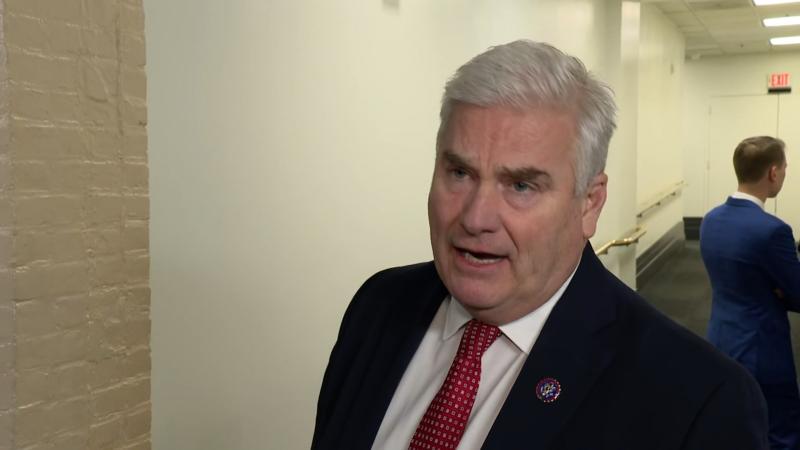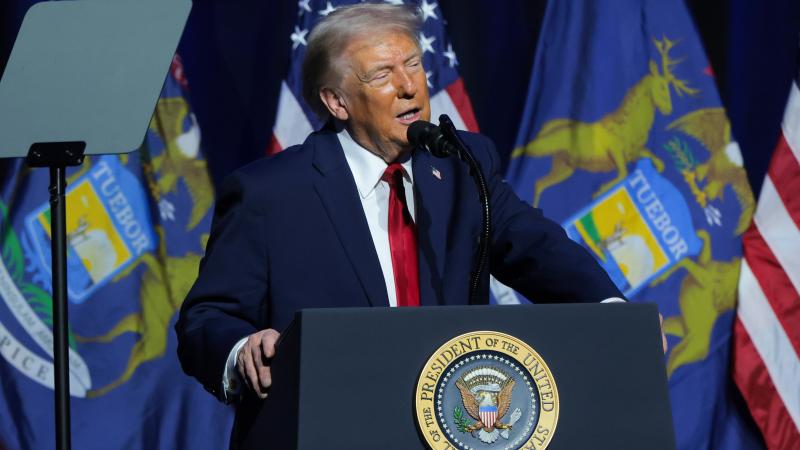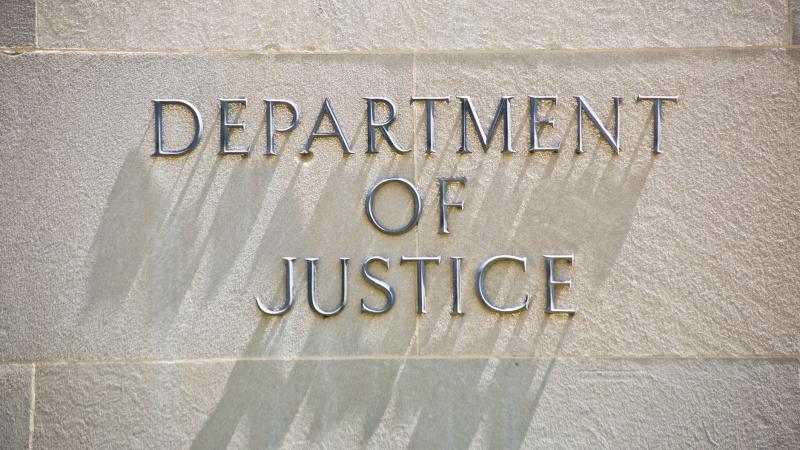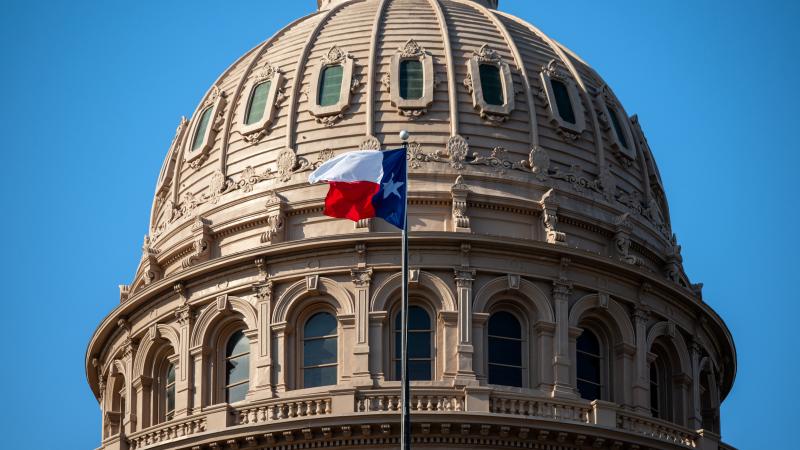FDA Approves Moderna’s New COVID-19 Vaccine
The national emergency response in the U.S. to COVID-19 ended in April 2023.
The Food and Drug Administration has approved Moderna’s new COVID-19 vaccine, mNEXSPIKE,
The approval was announced Saturday by Moderna, which recommends mNEXSPIKE for adults aged 65 and older and anyone 12 to 64 with any underlying medical condition putting them at risk for COVID-19.
“The FDA approval of our third product, mNEXSPIKE, adds an important new tool to help protect people at high risk of severe disease from COVID-19.” said Stéphane Bancel, the drugmaker's chief executive officer.
According to Moderna’s announcement, the FDA's approval of mNEXSPIKE is based on results from a randomized, observer-blind, active-controlled Phase 3 clinical trial, which enrolled about 11,400 participants aged 12 years and older.”
Though vaccinations are made to prevent recipients from contracting a disease, Moderna's information sheet states mNEXSPIKE is not a one-size fits all.
“Vaccination with MNEXSPIKE may not protect all people who receive the vaccine," the sheet reads.
Moderna advises consumers to not receive the vaccine if they previously experienced “a severe allergic reaction after a previous dose of either MNEXSPIKE, SPIKEVAX (COVID-19 Vaccine, mRNA), or any Moderna COVID-19 vaccine” or have an allergy to any of the vaccine’s ingredients.
The national emergency response in the U.S. to COVID-19 ended in April 2023.
Previous COVID vaccines have also caused such side effects as myocarditis and pericarditis, conditions involving inflammation of the heart, with males 12-to-24 years old at the highest risk.
The new Moderna announcement warns that there were “8 cases per million doses in people 6 months through 64 years of age and approximately 25 cases per million doses in males 12 years through 25 years of age.”
The approval of the mNEXSPIKE vaccine comes less than a week after Health and Human Services Secretary, Robert F. Kennedy Jr. announced the COVID vaccine for healthy children and healthy pregnant women has been removed from the Centers for Disease Control and Prevention's recommended immunization schedule.
The CDC has since advised parents and physicians to work together to decide whether taking the vaccine is beneficial for the child.
